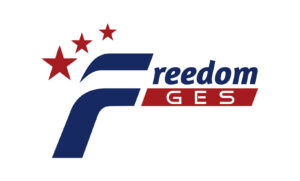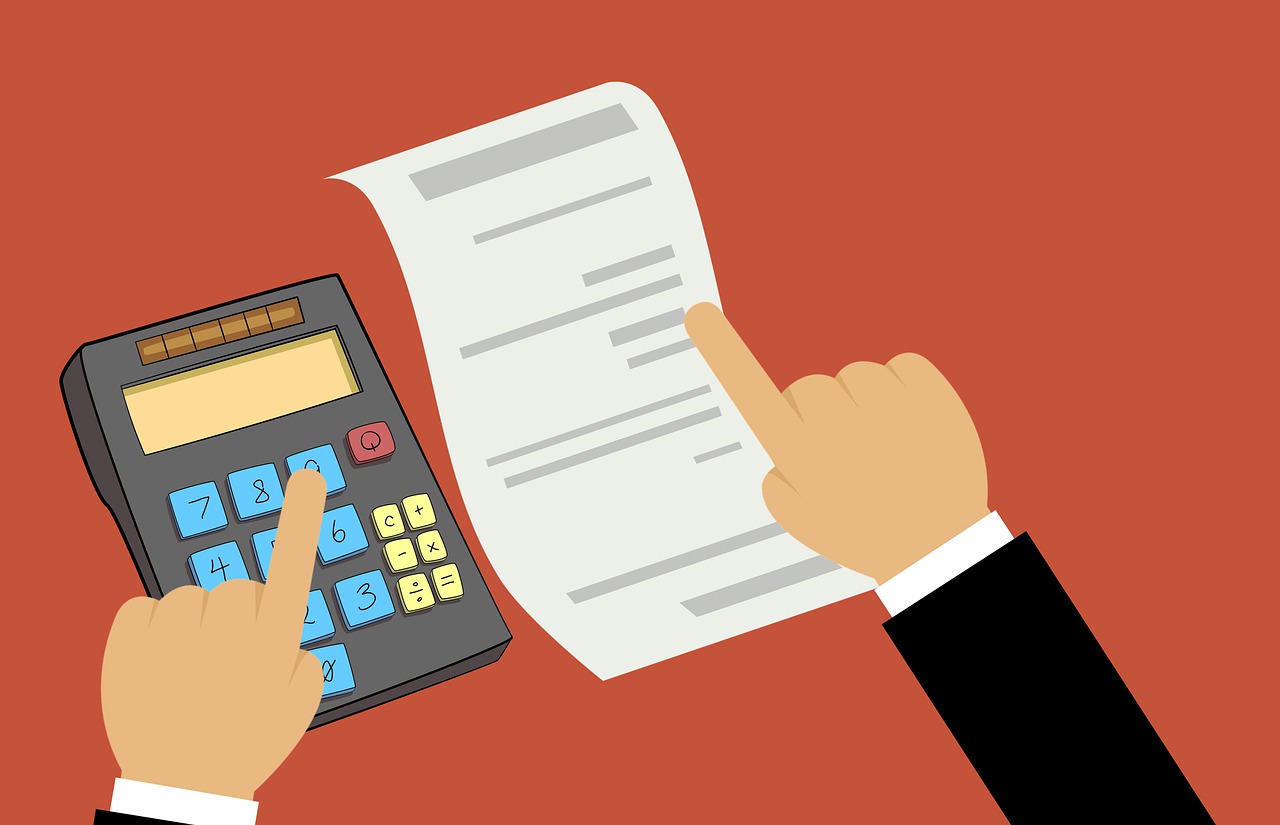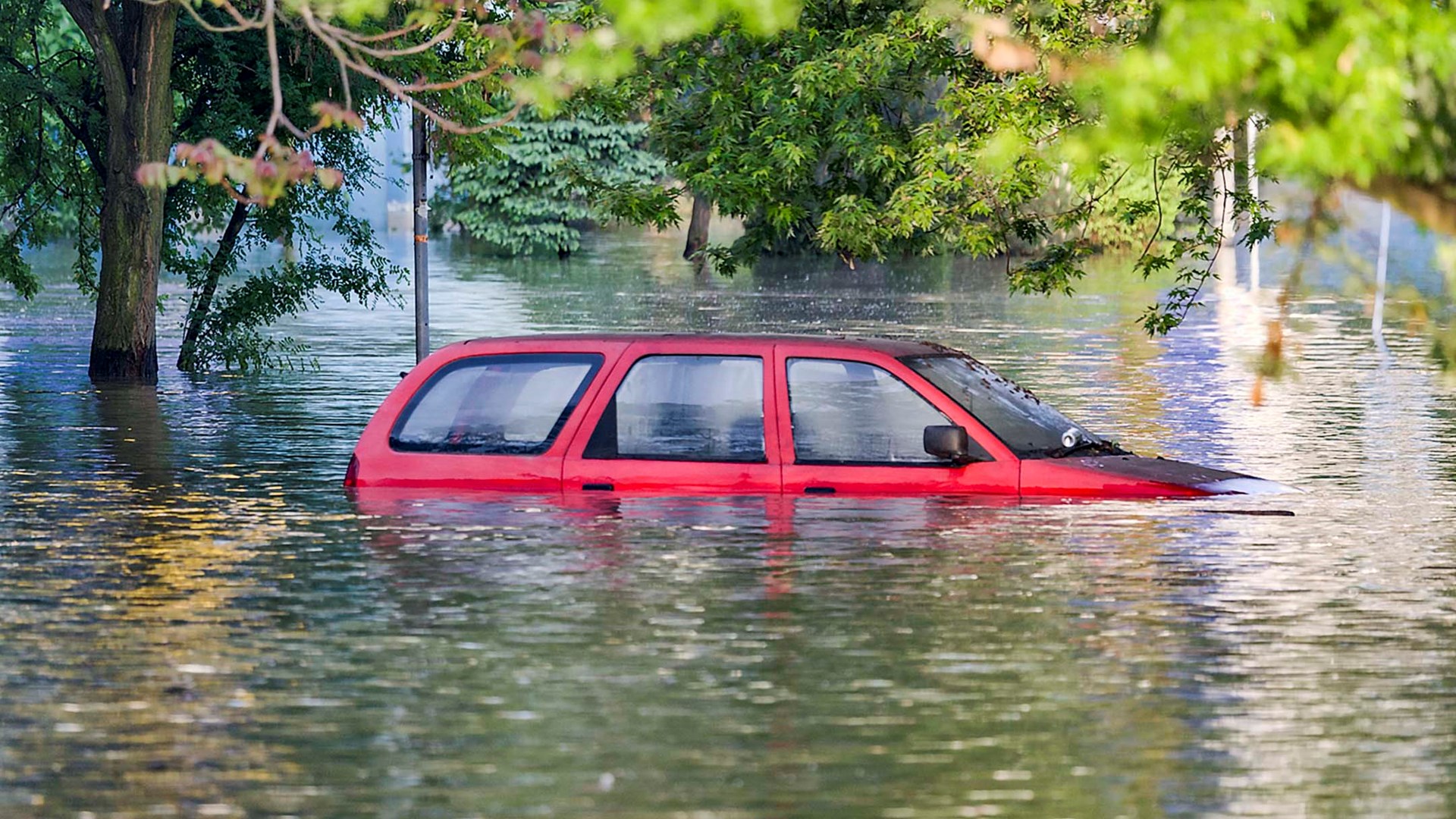
Home insurance in the USA includes those houses whose owner inhabits them regularly. There are other policies for different cases where the owner has them for rent, for renters and mobile homes, in addition to condominiums where the form of contracting can vary a little due to other insurances that usually exist additionally.
Why have homeowners insurance?
A home is the largest investment most people will make in their lifetime. It is usually the largest asset on the family’s “balance sheet.” In addition, the contents of a typical home, in the form of furniture, appliances, clothing, family heirlooms, and other personal belongings that can be moved, represent a significant additional investment. The unprotected loss (or partial loss) of a home and its contents from theft, fire, windstorm, or some other disaster could be financially devastating.[1]
In addition, everyone is at risk for personal liability. For example, a guest in the residence could slip and get hurt. Such accidents can result in court judgments awarding the injured person a large amount of money for medical bills and pain and suffering.
What does home insurance cover?
Home insurance in the USA has several coverages to cover different risks. Some of the most important and that are focused on the highest impact damage are:
- Specific protection of the value of the home against various damages, such as falling trees, planes, and other objects, collision, fire, explosion, damage due to theft, and various weather phenomena. Some risks are not included directly and endorsements need to be contracted specifically, such as earthquakes and various wind storms. Protects the main house, fences, garages, and sheds, even separated from the main structure.
- Personal property. Under this covered risk, the personal assets of the family are protected. These include contents in the house such as furniture, electrical appliances, clothing, footwear, etc. Covered risks include those included for housing and theft. Jewelry, electronics, and other items are covered only in what is considered commonplace in a residential home. There are additional endorsements for Valuables and Electronic Equipment. Many companies cover belongings that are in the car or that are in moving services, storage, or even when staying in hotels.
- Liability. Financially protects the family against damage that could be caused to neighboring properties. It also covers injuries to visitors or people in the surroundings, as a consequence of any damage to the house or the act of pets or accidents of any family member with said people, without the participation of a motor vehicle. Accident injury protection generally covers worldwide.
- Medical payments. Pays necessary medical bills in case someone has an incident in your home as a visitor. It does not require that there be a civil liability claim.
- Loss of use or living expenses. It covers the expenses that have to be made in the event that the home must be repaired as a result of damage due to the risks covered. These expenses cover temporary housing, food, and others.
- Some other covered risks that can be protected are replacement costs, inflation endorsements, increased dollar limits, damage from drain failure, identity theft, etc.
FREEDOM GES
122 N Military Trail suite f, West Palm Beach, FL 33415
info@freedomges.com
www.freedomges.com
FOLLOW US ON INSTAGRAM









